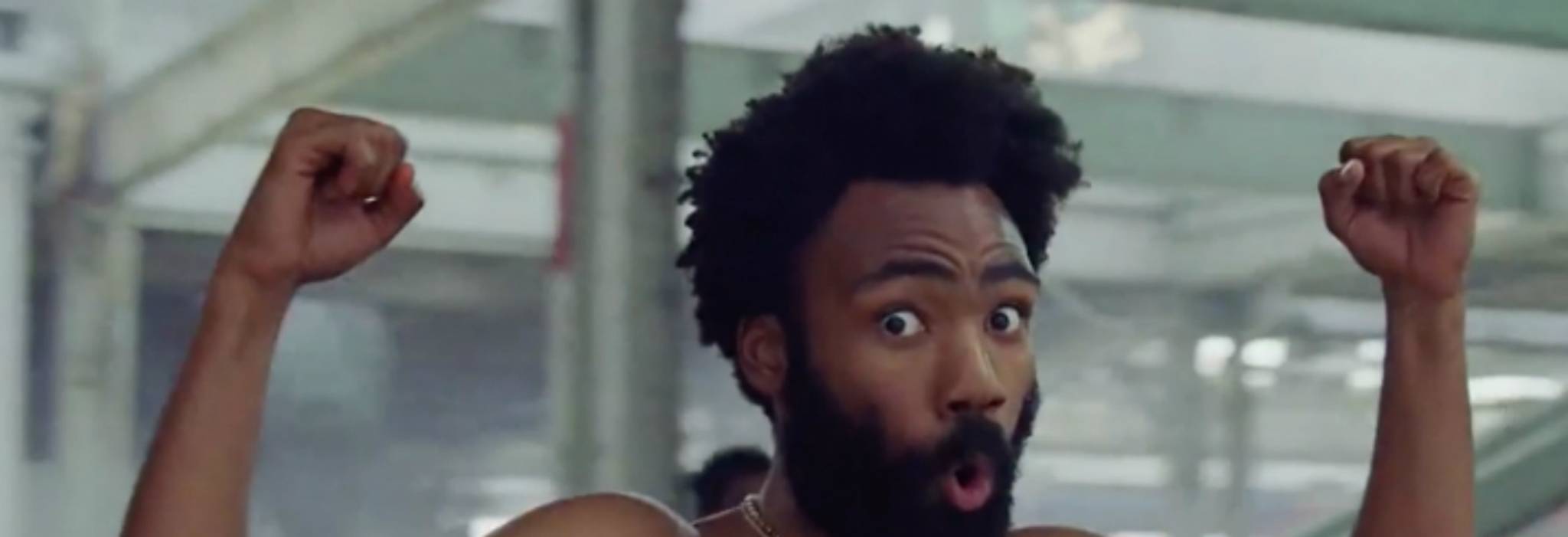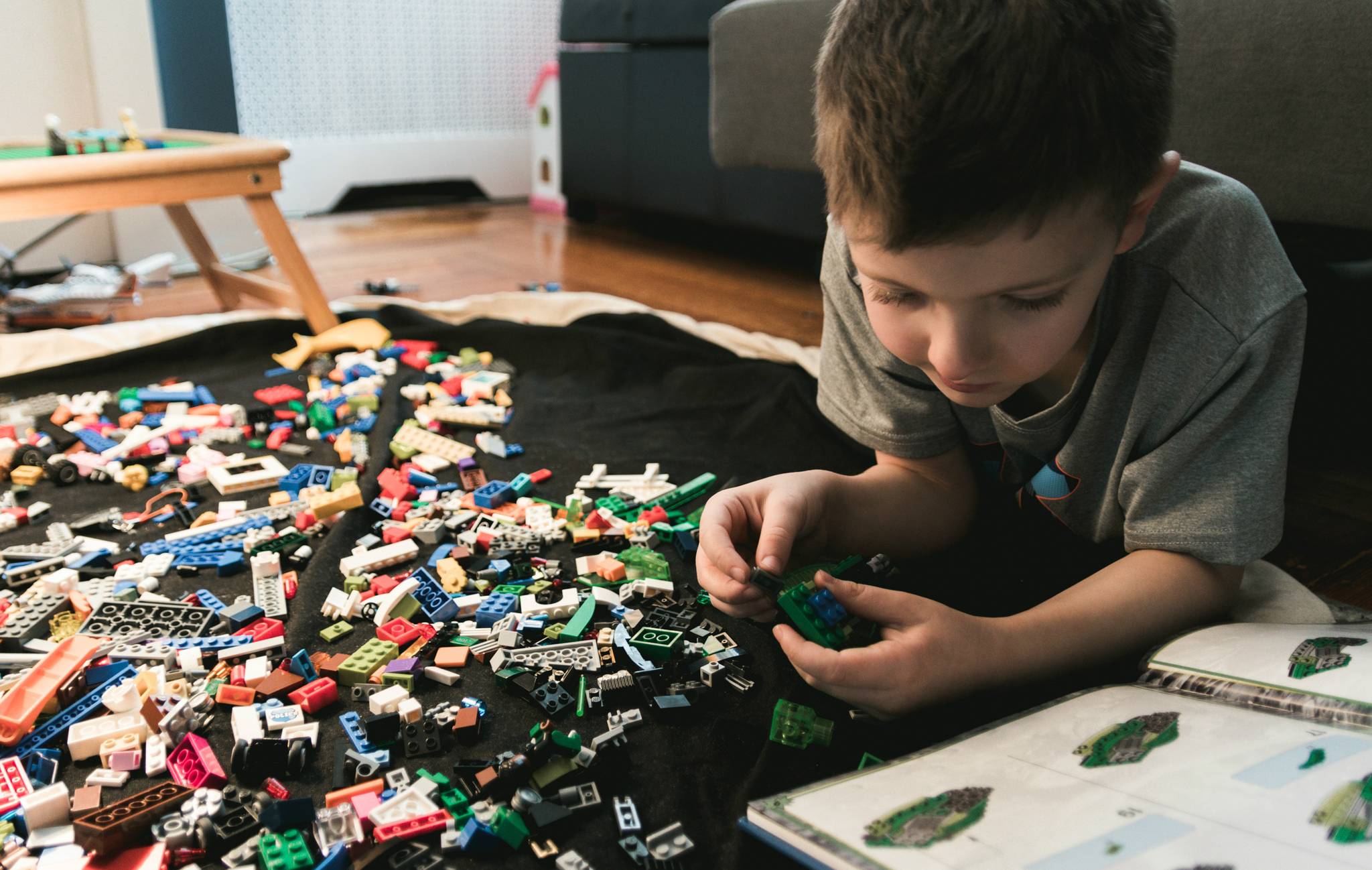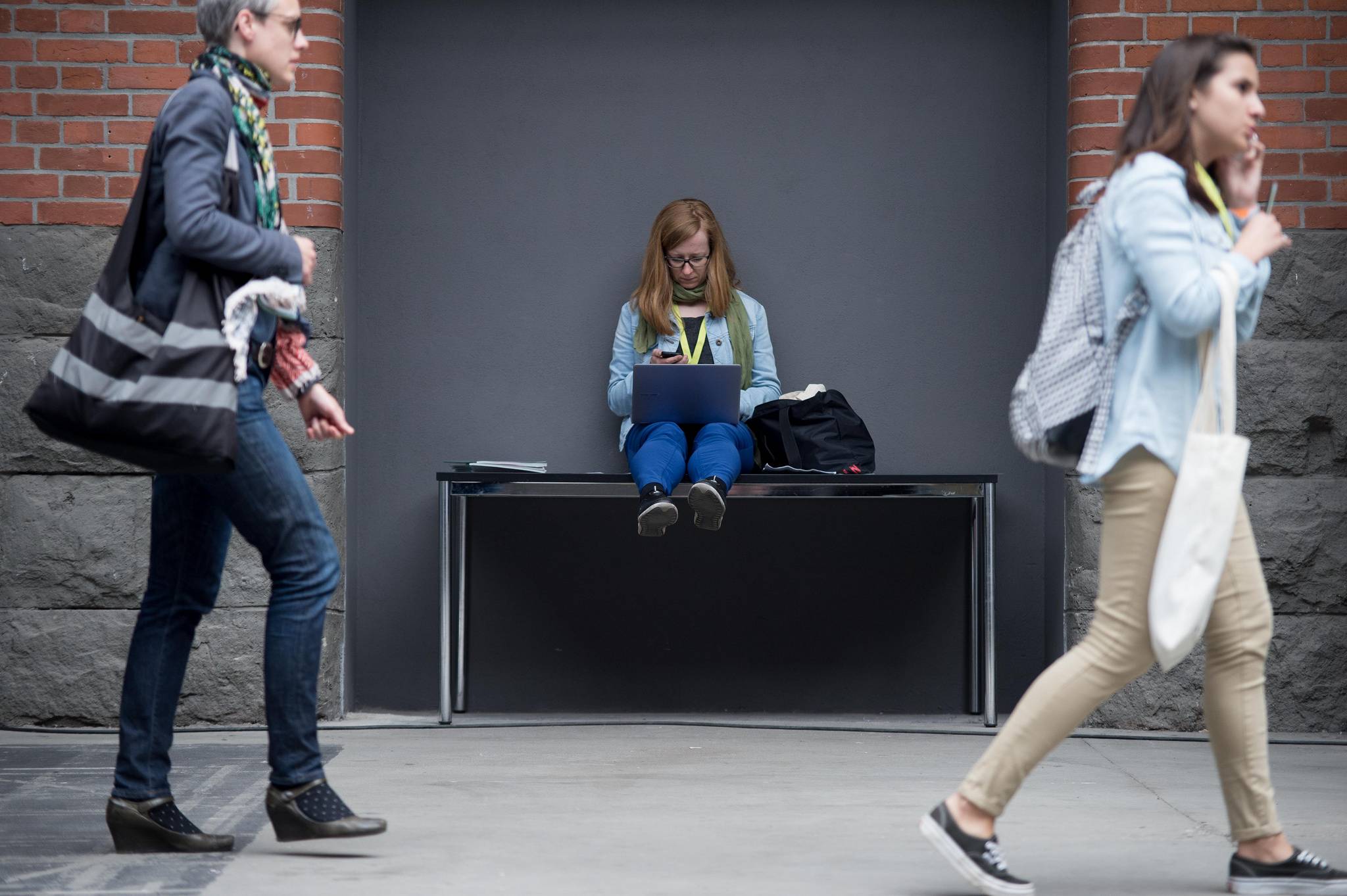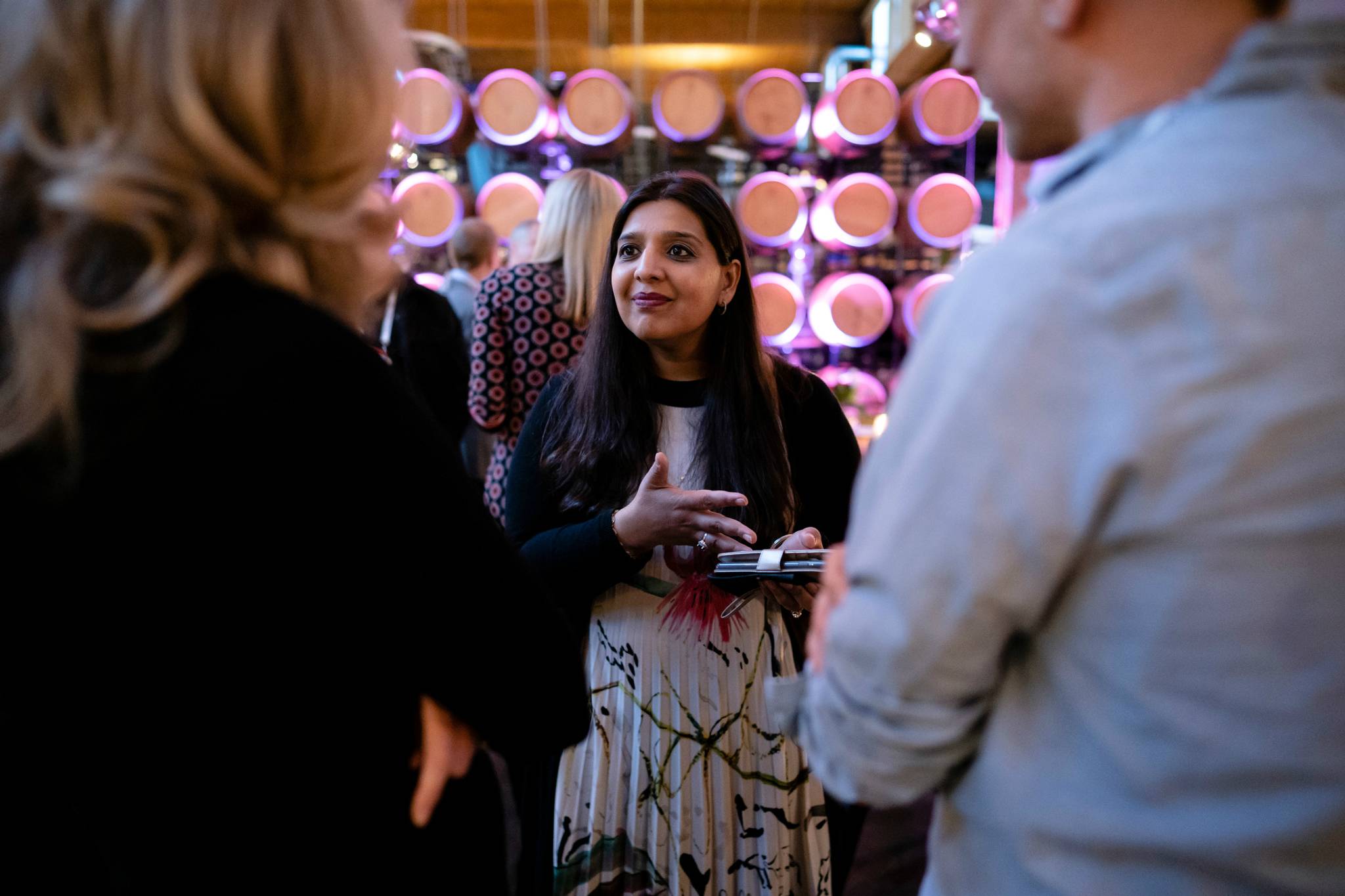
The 2019 Cannes Lions International Festival of Creativity brings together some of the world’s most innovative advertisers to recognise the best campaigns from the year. And while there have been vocal criticisms in recent years of the festival becoming too insular, this year felt markedly different.
A significant majority of the Grands Prix went to campaigns that overtly demonstrated a meaningful understanding of real people and issues. Andin the past year, in response to growing concerns over a number of environmental, political and technological issues, people are becoming more aware of their power as individuals to affect wider change. And now they want businesses to show that they are listening.
But what does an ‘understanding of real people’ look like today? Which cultural shifts did brands align with? And how did the winners resonate with modern consumers? At Canvas8, we’ve been unpacking human behaviour and culture for 10 years and in this report, we examine the winning campaigns from our unique perspective to tease out the five key behavioural shifts underpinning this year's winners and the opportunities they present for brands.
You can download our full report here.
Or check out a visual summary below:
How can brands celebrate culture? // Five behavioural shifts underpinning the winners at Cannes Lions 2019 from Canvas8
RECLAIMING NARRATIVES
People are reasserting control over their own stories
Opting for cultural representation and an identity-affirming journey, the travel platform Black & Abroad spun the racist rhetoric of “Go back to Africa” on its head with Go Back to Africa. Co-opting the phrase, it used AI to gather an extensive pool of imagery that depicts Black travellers enjoying Africa’s vibrant vistas and lively culture.
Meanwhile, Childish Gambino’s decade-defining video for This is America and the campaign surrounding Baco Exu do Blues’ album, Bluesman, address the representation of Black people in American and Brazilian culture, respectively. By addressing dominant stereotypes, this campaign addresses latent racial prejudice – encouraging audiences to call out whitewashed advertising.
RECONFIGURING THE WORLD
People want more inclusive product design
IKEA Israel invited people with disabilities to a hackathon to identify barriers when using products in their portfolio, resulting in a series of add-ons such as larger lightswitch pads and hooks for cupboard handles. Intended to remove physical inhibitors to people’s daily lives, products in the ThisAbles range can even be printed independently on a 3D printer. Similarly, enabled by machine learning models that trawled YouTube’s sound archive, Wavio and Area 23’s See Sound mobile app notifies users of normal and abnormal sounds by sending text-based notifications to their smartphones. For many deaf people, this could mean the difference between assisted living and remaining in their own homes.
COME INTO MY WORLD
People want brands to enter their world in an authentic way
By interacting with Fortnite gamers as a peer, Wendy’s Keeping Fortnite Fresh mission eradicated the alternate world’s frozen burgers and underscored the fast food brand’s commitment to quality ingredients. Westworld’s The Maze quite literally entered people’s homes with an exclusive, interactive audio series – fusing the thrill of gaming with a smart home appliance.
FEARLESS FRONTLINERS
People want brands to speak through individual changemakers
In the chilling Generation Lockdown spot, a preteen walks adults through an active shooter drill, highlighting the normality of their exposure to the epidemic, and highlighting real-life school shootings. Spotlighting those on the frontline in a similar way, Johnson & Johnson’s 50 minute documentary, 5B, directed by Oscar-nominated director Dan Krauss, gives nurses the chance to talk about their experiences.
Nike’s Dream Crazy follows the journey of athletes who, throughout their lives, have had to deal with constant criticism for pursuing their dreams – along with the challenges and disbelief athletes often encounter. Narrated by Colin Kaepernick – who ‘dreamt crazy’ with his controversial decision to take a stance against police brutality – Nike empowers athletes to share their journey of ‘dreaming crazy’ in their own words.
RISKY BUSINESS
People want brands to behave ‘badly’ to initiate change
Flying in the face of the São Paulo Governor’s punitive measures against street art, Nike’s collaboration with the city’s street artists saw artworks being transformed into shoppable destinations for the hypebeasts of Brazil. The Air Max Graffiti stores responded to Paulistanos’ desire to preserve their city’s creative essence, drawing attention to existing murals as they became geo-tagged sneaker-drop locations.
Meanwhile, French grocery chain Carrefour’s Black Supermarkets sold produce from the illegal 97%. In their tradition of supporting biodiversity, the chain encouraged people to openly break the law, creating a memorable call to action, which resulted in a change to EU agricultural policy. Tax legislation was also addressed by The Female Company, with their Tampon Book created to sidestep pink tax by packaging tampons within a book. The anti-establishment gesture spurred political dialogue on menstrual equity worldwide – 10% of women can’t afford feminine hygiene products in the UK, for example – whilst allowing women to stock up on tampons without prohibitive taxation.
Click here to download the full report.



